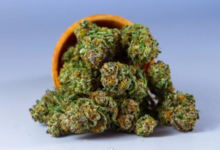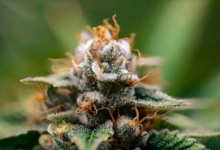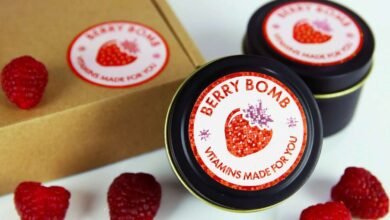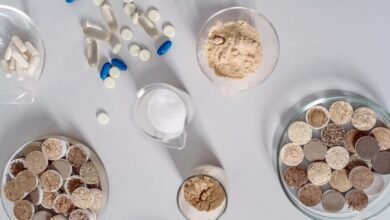Can Cbd Come up on a Drug Test
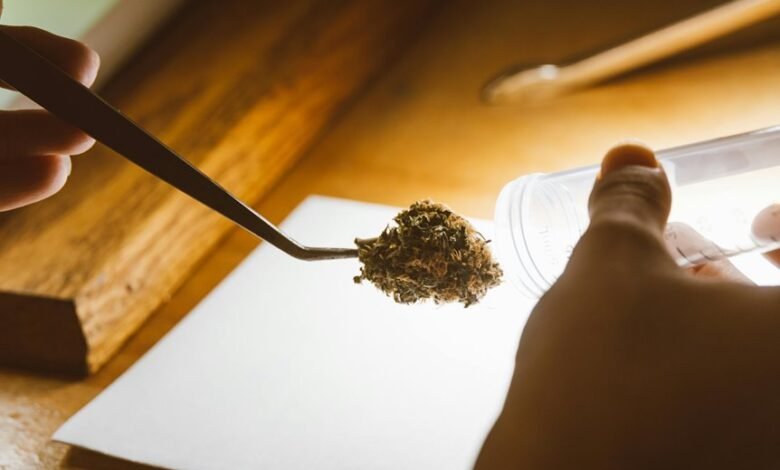
The relationship between CBD and drug tests is complex. While CBD itself is not typically the focus of these tests, the presence of THC in many CBD products can pose a risk. This raises concerns for individuals who use CBD and may be subject to drug screenings. Understanding the nuances of CBD and THC is essential for anyone considering these products. What factors should consumers consider to avoid unexpected consequences?
Understanding CBD and THC: Key Differences
Although both CBD (cannabidiol) and THC (tetrahydrocannabinol) originate from the Cannabis sativa plant, they possess distinct characteristics that differentiate them.
CBD benefits include potential relief from anxiety and inflammation without psychoactive effects, while THC effects can induce euphoria and alter perception.
Understanding these differences empowers individuals to make informed choices about their wellness and recreational preferences, promoting a sense of freedom in their decisions.
How Drug Tests Work: What They Screen For
Drug tests are designed to detect the presence of specific substances in an individual's system, providing crucial information for employers, legal authorities, and medical professionals.
Various drug testing methods, such as urine, blood, and hair tests, are employed to assess substance use.
Testing accuracy is essential to ensure reliable results, determining the presence of drugs, including THC, but not necessarily CBD.
Can CBD Products Lead to Positive Drug Test Results?
The increasing popularity of CBD products raises concerns about their potential to cause positive results on drug tests.
While CBD itself is legal in many places, some products may contain trace amounts of THC, the psychoactive compound in cannabis.
Therefore, individuals using CBD should be cautious, as drug testing can detect THC, leading to unintended consequences despite the legal status of CBD.
Tips for Choosing CBD Products to Avoid Drug Test Issues
When selecting CBD products, individuals should be mindful of the potential presence of THC to minimize the risk of failing a drug test.
Choosing CBD isolate over full spectrum options can help reduce THC exposure.
Additionally, thorough product labeling is crucial; consumers should seek products with clear information regarding THC content.
This diligence can provide peace of mind for those concerned about drug testing.
Conclusion
In conclusion, while CBD itself is not typically tested for, the presence of THC in some products can lead to positive drug test results. As the adage goes, "better safe than sorry." Therefore, individuals using CBD should opt for products like isolates that are free from THC to minimize potential risks. Understanding the differences between CBD and THC, as well as the workings of drug tests, is essential for those looking to incorporate CBD into their wellness routine without jeopardizing their employment or legal standing.

